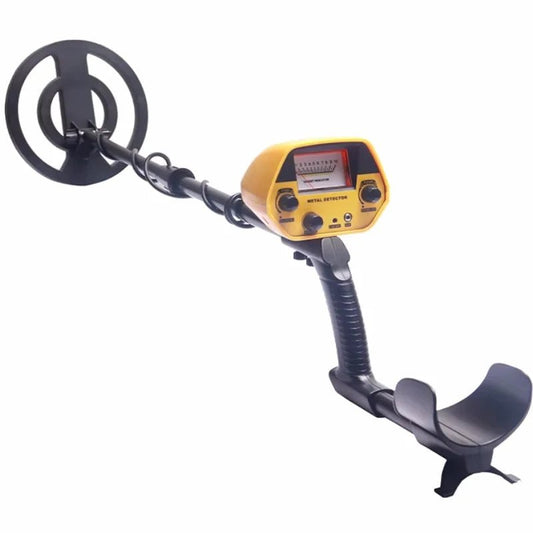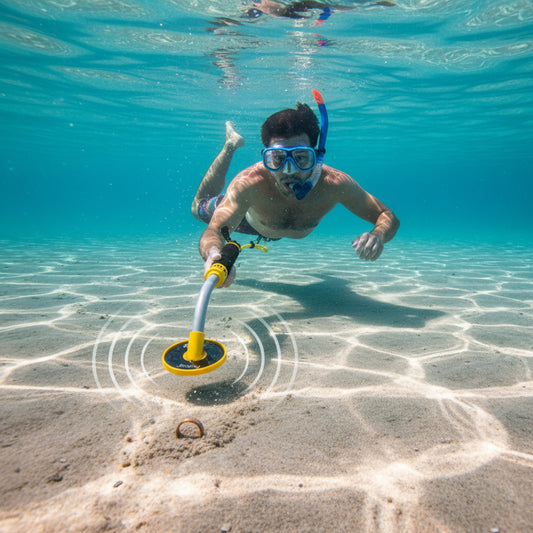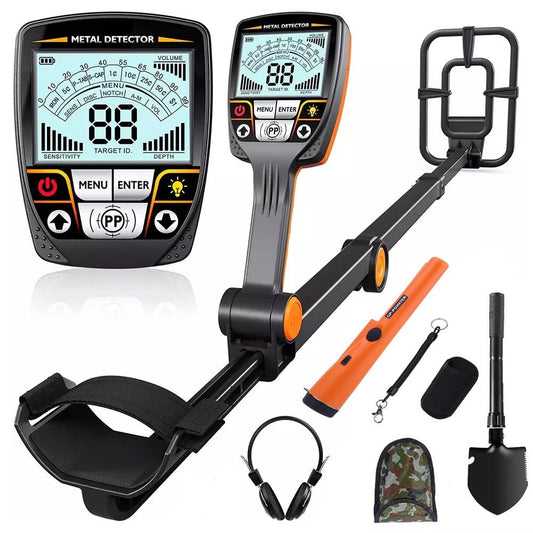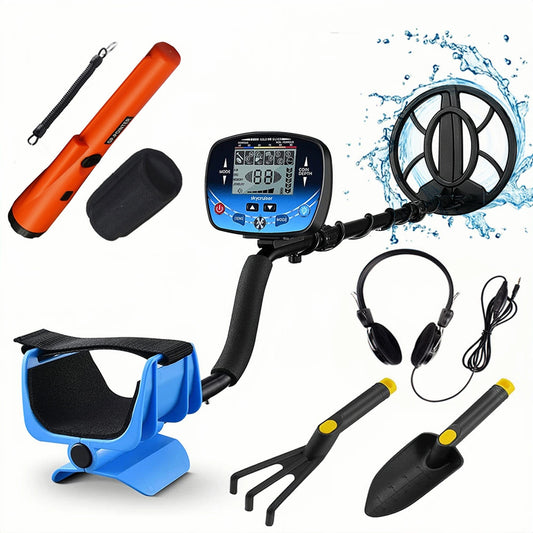
Metal Detecting Laws in New Hampshire: A Comprehensive Guide
Share
Metal detecting can be an exciting hobby, offering the thrill of discovery and a connection to history.
However, it's crucial to understand and follow the metal detecting laws in New Hampshire to ensure you're practicing this pastime legally and responsibly.
This comprehensive guide will walk you through the regulations, permissions, and best practices for metal detecting in the Granite State as of 2025.
General Metal Detecting Laws in New Hampshire
New Hampshire, like many states, has specific regulations governing metal detecting activities.

Here's an overview of the general laws:
-
State Parks and Forests: Metal detecting is generally prohibited in New Hampshire state parks and forests without a special permit .
-
Historical Sites: Detecting is strictly forbidden at known archaeological or historical sites.
-
Private Property: Always obtain written permission from the landowner before metal detecting on private property.
-
Federal Lands: Metal detecting is prohibited on federal lands, including national parks and monuments.
Obtaining Permits for Metal Detecting in New Hampshire

In some cases, you may be able to obtain a permit for metal detecting in certain areas:
-
State Parks: Contact the New Hampshire Division of Parks and Recreation for information on special use permits .
-
Town-Owned Land: Check with local town offices for regulations and potential permit requirements.
-
Beaches: Some New Hampshire beaches may allow metal detecting with restrictions. Always check with local authorities first.
Best Practices for Metal Detecting in New Hampshire
To ensure you're metal detecting responsibly and legally in New Hampshire:
-
Research: Always research the area you plan to detect, including its history and any potential restrictions.
-
Obtain Permission: Get written permission from property owners or the appropriate authorities.
-
Leave No Trace: Fill in all holes and remove any trash you find.
-
Report Significant Finds: If you discover items of historical significance, report them to local authorities or museums.
-
Join a Club: Consider joining a local metal detecting club for guidance and support.
Where Can You Metal Detect in New Hampshire?

While restrictions exist, there are still many places where you can enjoy metal detecting in New Hampshire:
-
Public Beaches: Some public beaches allow metal detecting, but always check local regulations first.
-
Ghost Towns: New Hampshire has several ghost towns that may be open to metal detecting, but ensure you have proper permissions.
-
Old Homesteads: With landowner permission, old homestead sites can be excellent for metal detecting.
-
Town Commons: Some town commons may allow metal detecting, but check with local authorities.
Understanding the Treasure Trove Law in New Hampshire
New Hampshire, like many states, has a "treasure trove" law. This law states that if you find treasure (such as gold or silver coins, bullion, or jewelry) that has been hidden or lost for so long that the owner is unlikely to be found, you must report it to local authorities. The find may be split between the finder and the property owner.
Penalties for Violating Metal Detecting Laws in New Hampshire
Violating metal detecting laws in New Hampshire can result in serious consequences:
-
Fines: Monetary penalties can be substantial.
-
Confiscation: Your metal detecting equipment may be confiscated.
-
Legal Action: In severe cases, you may face legal action, especially if damaging historical sites.
Metal Detecting Etiquette in New Hampshire

Following proper etiquette not only keeps you legal but also helps maintain a positive image for the hobby:
-
Respect "No Trespassing" signs and private property boundaries.
-
Avoid detecting in areas where it could disturb wildlife or vegetation.
-
Be considerate of other park or beach users.
-
Properly dispose of any trash you dig up.
-
Don't leave holes or disturbed areas; always return the ground to its original state.
Conclusion: Enjoying Metal Detecting Responsibly in New Hampshire
Metal detecting in New Hampshire can be a rewarding hobby when practiced responsibly and legally. By understanding and following the metal detecting laws in New Hampshire, obtaining proper permissions, and respecting both private and public lands, you can enjoy this exciting pastime while preserving the state's natural and historical resources.
Remember, the key to successful and enjoyable metal detecting in New Hampshire lies in thorough research, respect for the law and environment, and a commitment to responsible practices. Whether you're searching for colonial-era relics or modern lost treasures, always prioritize legal and ethical detecting.
Happy hunting, and may your adventures in the Granite State be both exciting and responsible!




